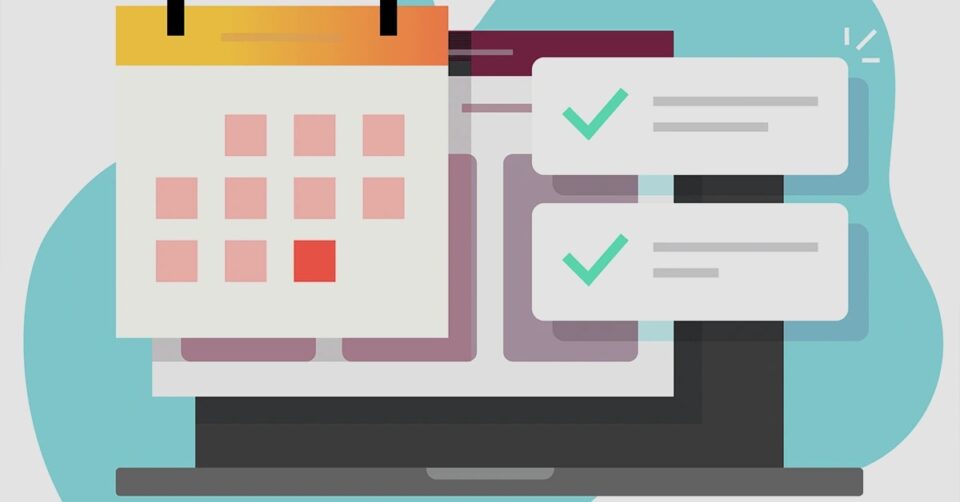The ideas and musings that used to be scribbled in physical notebooks are now typed on our phones, tablets, and computers. While this organizing and accessing our thoughts easier in many ways, it also introduces new privacy and security risks. Without the proper precautions, our private digital notes could be accessed by unauthorized parties or even stolen.
Use strong passwords
Even encrypted apps are only as secure as the passwords you set. Use different randomly generated passwords for each note app, with a mix of 12+ uppercase and lowercase letters, numbers, and symbols. Password manager apps like 1Password and Last Pass make this effortless by generating and auto-filling unique passwords.
Enable two-factor authentication
Two-factor authentication (2FA) adds an extra layer of security beyond your password through a second step like an SMS code or biometrics. While an inconvenient extra step, 2FA prevents unauthorized access even if your password gets compromised. Most note-taking apps support setting up 2FA.
Regularly back up your notes
Is a private notepad app safe? Data storage is always 100% reliable. To prevent losing your notes forever due to a lost device or app glitch, regularly back them up. Some note apps have built-in backups to secondary cloud storage. You also manually back up encrypted notes files and store them securely in a personal cloud storage locker. Test restoring from backups periodically to verify they work correctly.
Be mindful of auto-sync
While conveniences like automatic cloud syncing make notes easily accessible across devices, they also introduce vulnerabilities if a device gets lost or hacked. Balance convenience with privacy. When storing very sensitive notes, consider disabling auto-sync and transferring files manually when needed instead.
Use offline storage for extremely sensitive notes
For your most private notes like passwords, financial info, or medical records, considers keeping them offline entirely. Write them by hand or type on a device temporarily disconnected from all internet and wireless access. This “air gap” isolation physically prevents remote hacking or leaks to the cloud. Just be sure to back up such offline notes in a secure location in case of device failure, theft, or damage.
Watch out for shoulder surfers and keyloggers
Hackers aren’t the only digital note privacy threat. Shoulder surfing means someone physically looks over your shoulder to read your screen. Keyloggers secretly record the keys you type. Avoid writing sensitive notes in public locations where someone could peek at your screen. Also, be cautious when borrowing or using public computers. Only access private notes on your personal, password-protected devices with trusted antivirus software installed.
Encrypt devices
It provides an added layer of security in case your device gets lost or stolen. On the iPhone, enable full-disk encryption by turning on the passcode. On Macs, use FileVault disk encryption. Windows 10 devices come with Bit Locker built-in. It renders your entire device, and digital notes, unreadable without the proper decryption key.
Securely delete and shred notes
The paper records, you’ll eventually have some digital notes that outlive their purpose but contain sensitive information you wouldn’t want others accessing. Thoroughly shred or permanently erase files when no longer needed. On Mac and Windows, BitLocker tools securely overwrite data multiple times to prevent forensic recovery. For iOS devices, use Apple’s built-in Notes app which provides permanent delete of notes when relevant.

